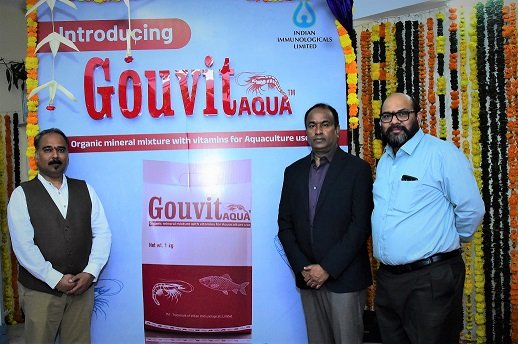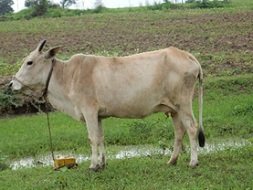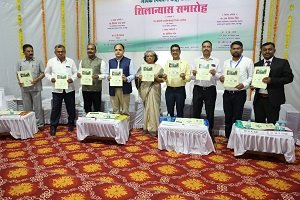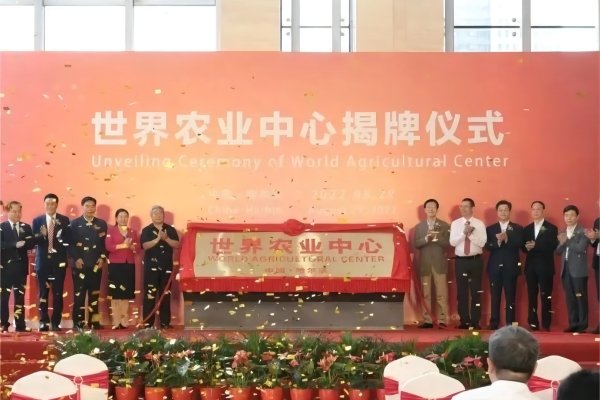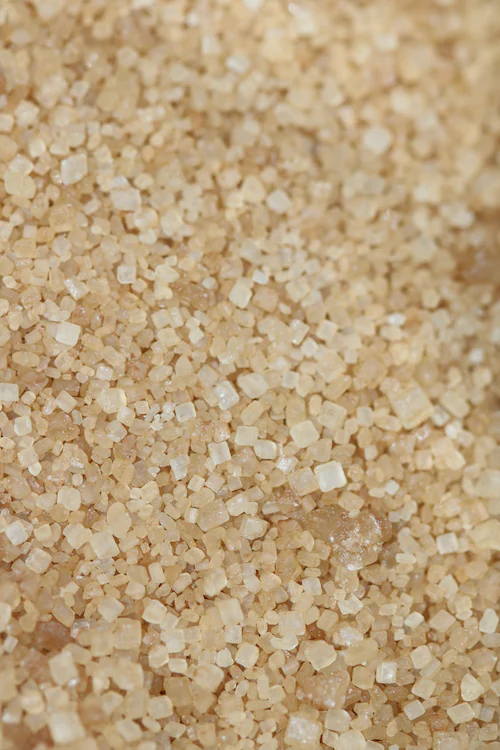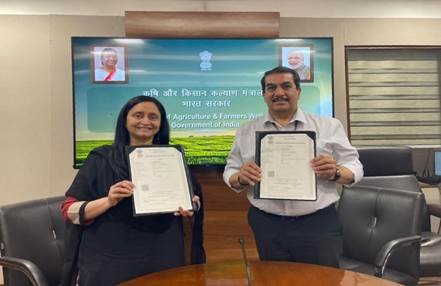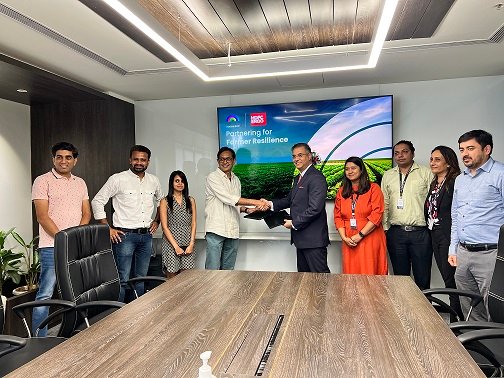Bayer CS, SFAC form 50 specialised FPOs
Bayer CS has identified clusters in 10 states and will aim to assist smallholder farmers with business planning, identification of key enablers, creation of market linkages and knowledge transfer.
Small Farmers’ Agri-Business Consortium (SFAC) and Bayer CropScience Limited have signed a Memorandum of Understanding to form and promote 50 specialised Farmer Producer Organisations (FPOs). In collaboration with SFAC, Bayer CropScience Limited has identified clusters in 10 states and will aim to assist smallholder farmers with business planning, identification of key enablers, creation of market linkages and knowledge transfer, while working to establish 50 Farmer Producer Organizations.
SFAC’s partnership with Bayer CropScience Limited will help strengthen grower collectivisation and support farmer collectives to evolve as profitable and self-reliant business entities. Bayer CropScience Limited is one of the world’s leading innovative crop science companies providing sustainable farming solutions and has conceptualized an initiative with key value chain partners to build capacities of FPOs in India.
SFAC has emphasised the importance of collectivisation and FPOs important role in it. FPOs play a big role in building socio-economic resilience of the farmers, leveraging economies of scale in production and marketing. Value Chain organisations like Bayer has an important role to play in achieving the project’s objective. Its vast experience and outreach will certainly benefit the ultimate primary stakeholder.
Speaking on this milestone occasion, Simon-Thorsten Wiebusch, Country Divisional Head – Crop Science Division of Bayer for India, Bangladesh & Sri Lanka, said, “India is a nation of smallholder farmers. Collectivization in the form of a vibrant and strong network of Farmer Producer Organizations (FPOs) will not only improve farmers’ incomes but also supports the building up of a robust food value chain network to aid India’s food security, supporting food quality improvements and export potential. We as Bayer, are grateful to the Small Farmers’ Agri-Business Consortium (SFAC) for giving us this opportunity of forming 50 FPOs. It brings to life and makes tangible our global commitment of empowering 100 million smallholder farmers by 2030 and providing them necessary resources to enhance their productivity and livelihoods and at the same time also contribute to the development of the Indian agricultural ecosystem.”
The MoU is aligned towards achieving the goal of the Central Sector Scheme launched by the Department of Agriculture, Cooperation & Farmers’ Welfare, Ministry of Agriculture & Farmers’ Welfare, Government of India (“DA&FW”) of forming and promoting 10,000 Farmer Producer Organisations.
Bayer CS has identified clusters in 10


